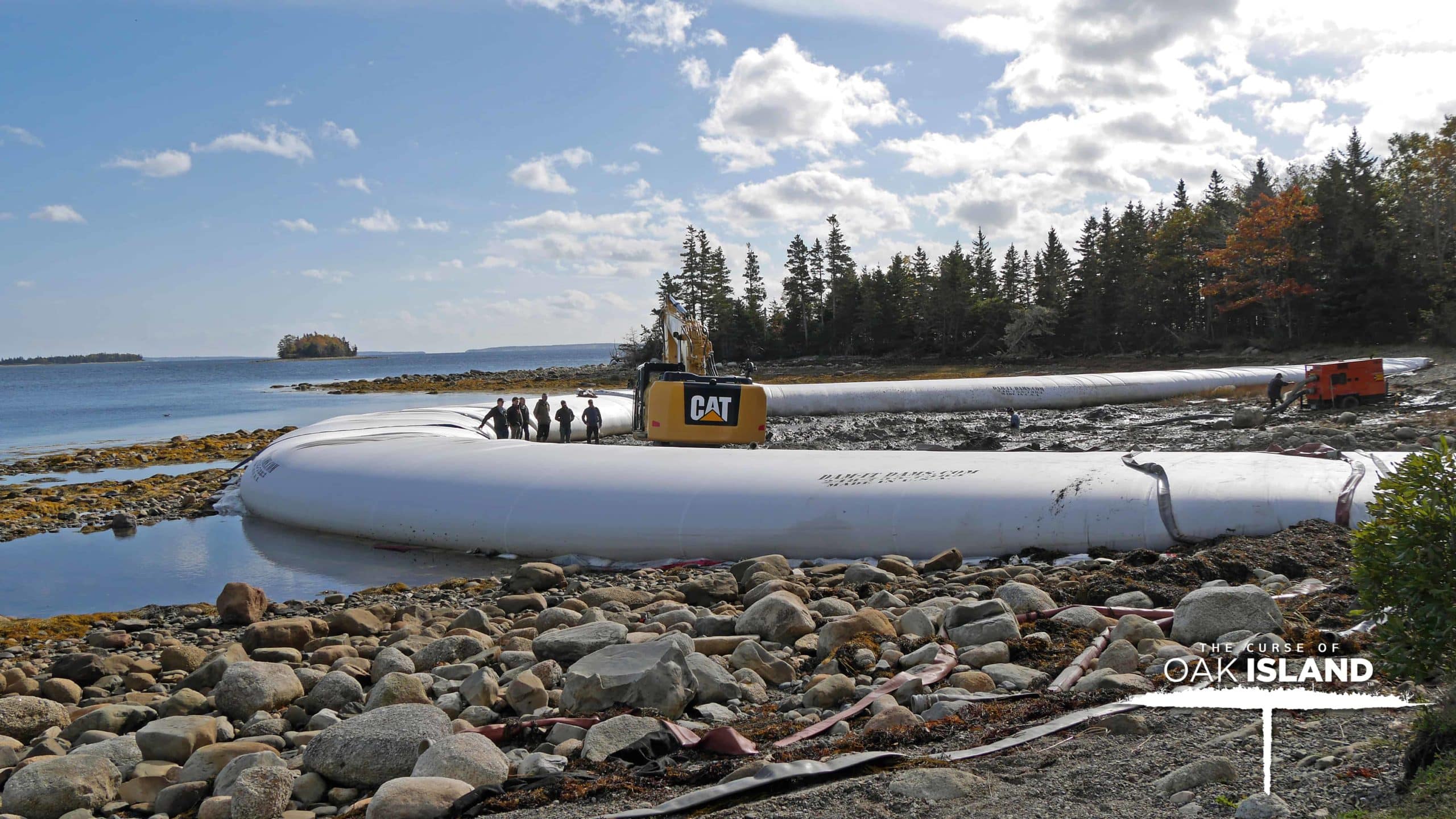On the coat-tails of Hurricane Harvey rides Hurricane Irma, already the strongest hurricane ever recorded outside the Caribbean and the Gulf of Mexico, nearing historical precedent and a theoretical limit for how strong it can get.
Irma is a category 5 hurricane with maximum winds reaching approximately 185 mph, surpassing the 157 mph requirement categorizing a standard cat 5 hurricane. Formed in the far eastern Atlantic Ocean near the Cape Verde Islands, these Cape Verde Hurricanes are known to have a tendency of becoming some of the largest and most intense hurricanes, such as hurricanes Hugo (1989, cat 5, highest winds of 160 mph, 107 direct deaths), Floyd (1999, cat 4, highest winds of 155 mph, 57 direct and 20-30 indirect deaths), and Ivan (2004, cat 4, highest winds of 165 mph, 92 direct and 32 indirect deaths).
Irma is already slated as the strongest hurricane since Hurricane Dean (2007, cat 5, highest winds of 175 mph, 40 direct and 5 indirect deaths), according to usatoday.com, who also states that conditions and effects of the hurricane will, “isolate residential areas” making the area “uninhabitable for weeks or months”, according to the hurricane center.
According to cnn.com, the storm’s forecast track currently has it near or over Antigua and Barbuda by late Tuesday or early Wednesday, and the Virgin Islands and Puerto Rico on Wednesday afternoon while usatoday remarks that, depending upon where she hits, Irma is expected along the Gulf or eastern coast, impacting Florida, Georgia or the Carolinas or even the eastern Gulf of Mexico.
Having already impacted Barbuda, tearing roofs off of the local police station, it’s moved on to the islands of Anguilla, St Barthelemy and St Martin, causing blackouts, flooding, devastation to structures and emergency vehicles are left out of service. A French government official remarked that this hurricane has the 4 most solid buildings there in St Martin, according to the NYTimes. In Puerto Rico, residents are being asked to be mindful of the risks and to watch for rising water levels as Irma passes just north of them. Sadly, this comes at a time where the nation is in economic crisis and they lack the budget to rebuild what could be destroyed.
The potentially affected areas, whichever way the hurricane heads, will face great and devastating damage to their communities; residents of these communities realize they cannot afford to not be prepared.

